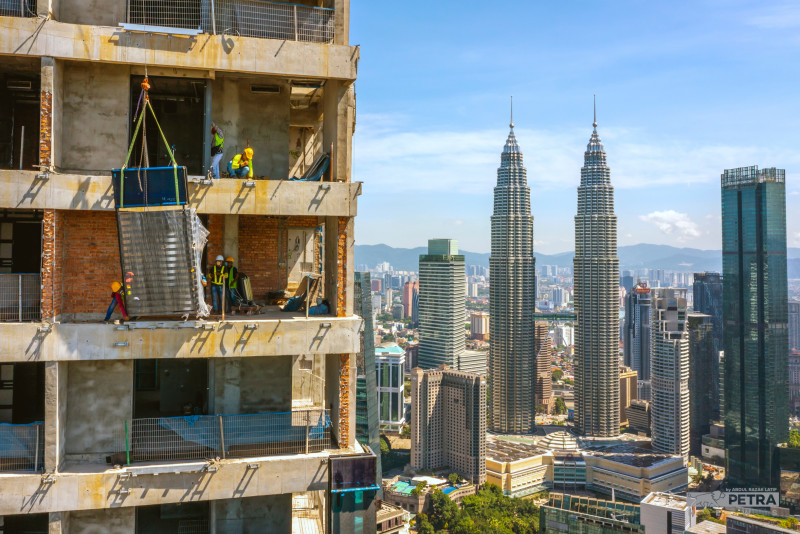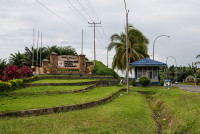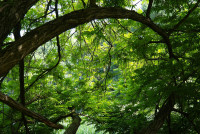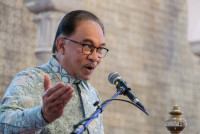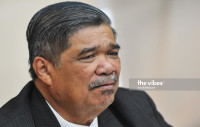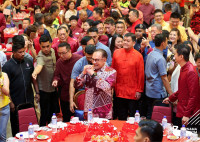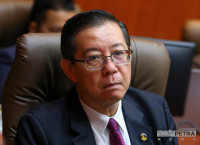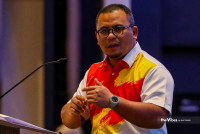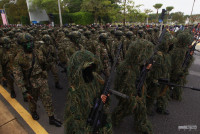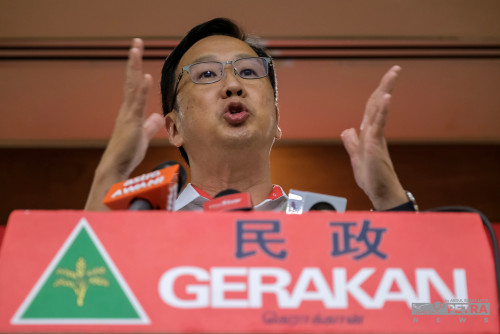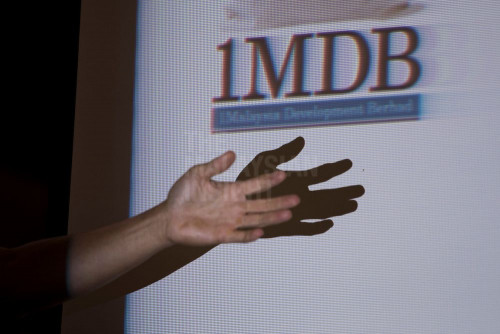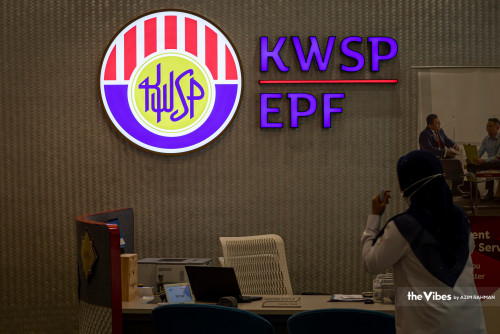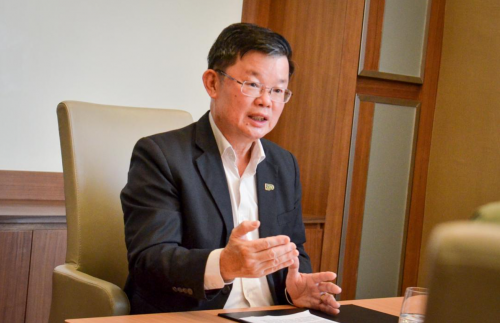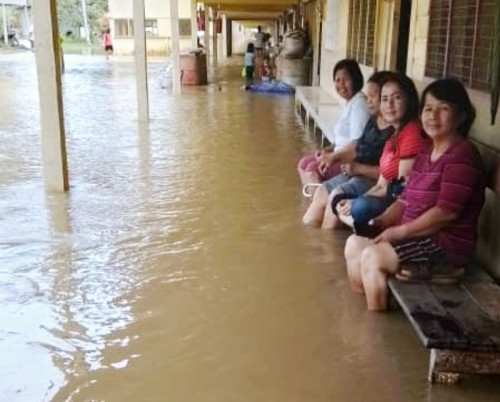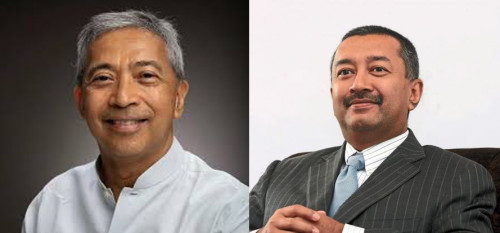IN the midst of globalisation and the dynamic changes of the 21st century, Malaysia finds itself at a pivotal crossroad in its development narrative. Rich in cultural diversity and varied landscapes, the country now faces the challenge of integrating urban sophistication with rural tranquillity. This is where Rubanisation, an innovative concept that fuses these two elements, emerges as a potentially transformative development strategy for Malaysia.
Rubanisation transcends traditional infrastructure development, offering a deeper redefinition of prosperity and quality of life. By merging the vitality and innovation of urban areas with the serenity and sustainability of rural life, Rubanisation addresses the development dilemma that often neglects one aspect in favour of the other.
Genesis of Rubanisation
The concept of Rubanisation, birthed from the insightful minds of visionary thinkers like architect- philosopher Professor Tay Kheng Soon, is a response to the evolving challenges and opportunities in contemporary development. It emerges from a critical examination of how modern societies grow, often polarized between urban advancement and rural stagnation. Rubanisation challenges this dichotomy, advocating for a more integrated and synergistic approach. It seeks a harmonious balance where the vibrancy and innovation of urban life complement the tranquillity and sustainability of rural communities.
In Malaysia, a country characterised by a rich mosaic of cultural landscapes and economic disparities, Rubanisation is not just relevant but necessary. The nation’s development trajectory has traditionally mirrored global trends, where urban areas often outpace rural regions in terms of infrastructure, investment, and opportunities. Rubanisation, in this context, offers a transformative solution. It proposes a model where rural areas are not merely beneficiaries of urban overflow but equal partners in national progress. This approach envisions a future where technological advancements and infrastructural developments are as much a part of the rural fabric as they are in urban centres.
Rubanisation is more than just a theoretical construct; it’s a practical blueprint for equitable development. It calls for policies and strategies that bridge urban-rural gaps, foster economic inclusivity, and promote environmental stewardship. In Malaysia, this means rethinking rural development, not as a separate agenda but as an integral part of national growth. It involves reimagining how resources are allocated, how technology is disseminated, and how communities are empowered. This paradigm shift is pivotal for Malaysia as it strives to achieve a more balanced, sustainable, and inclusive growth, reflective of its diverse heritage and ambitious future aspirations.
Felda can be a prime example
In Malaysia’s development narrative, Felda (Federal Land Development Authority) stands as a prime example of where Rubanisation can be instrumental. As a pioneer in rural development and poverty eradication, Felda is ideally positioned to embrace Rubanisation. This approach can transform Felda settlements into vibrant communities that enjoy the benefits of urbanisation while retaining their rural essence. Here, Rubanisation might involve introducing innovative agricultural practices, enhancing digital connectivity, and improving infrastructure, all while preserving the cultural and environmental uniqueness of the settlements.
Strategic housing within the framework of Rubanisation is crucial, particularly for Felda settlements. It’s about creating inclusive communities with access to safe, affordable, and dignified living spaces. This initiative is key to raising living standards and fostering social equity, ensuring that the benefits of development are accessible to all.
Madani vision and economic benefits
The principles of Rubanisation align with Prime Minister Datuk Seri Anwar Ibrahim’s Madani vision, which emphasizes sustainability, compassion, innovation, and prosperity. Implementing Rubanisation in Felda settlements acts as a tangible manifestation of the Madani vision, creating a model for inclusive development that fosters a caring, innovative society.
Adopting Rubanisation in Felda settlements could significantly enhance local economies, creating new employment and income opportunities. Socially, it cultivates community spirit and ensures that no part of Malaysia is left behind in the country’s progress. This approach also supports environmental sustainability and cultural preservation, integral aspects of a balanced development model.
Challenges and opportunities in implementation
Implementing Rubanisation, especially in established entities like Felda, presents challenges, including resource allocation, planning, and collaboration. However, these challenges also create opportunities for innovation, public-private partnerships, and community involvement, leading to sustainable development outcomes.
Malaysia’s successful implementation of Rubanisation, exemplified through Felda, can inspire other nations facing similar urban-rural divides. It offers lessons in harmonising modernization with sustainability, economic growth with social equity, and technological advancement with cultural integrity.
Charting a progressive and inclusive future
Rubanisation embodies a commitment to a future where every Malaysian, irrespective of their geographical or socioeconomic background, can lead a fulfilling and prosperous life. Exemplified by initiatives like those in Felda, this approach marks a significant shift in the national development paradigm, moving beyond conventional metrics of economic growth to embrace a more holistic measure of progress.
This approach, aligned with the Madani vision, offers a nuanced understanding of development, recognizing that true progress is about creating a society where every individual has access to opportunities, where communities are interconnected, and where the environment is preserved for future generations. Rubanisation, therefore, represents a pathway to a more equitable, sustainable, and resilient Malaysia, setting a global precedent for balanced growth in an interconnected world. – The Vibes, November 19, 2023
Yusmadi Yusoff is a lawyer, and a former MP for Balik Pulau and senator. He is the newly appointed chairman of Encorp Bhd



